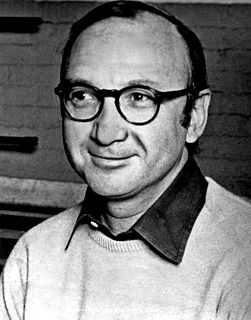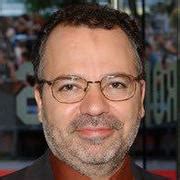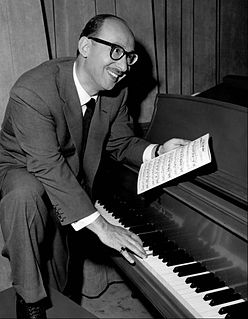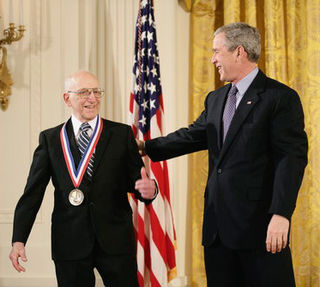A Quote by Debra Granik
It's kind of a test when you read a novel thinking about its potential for the screen: How does it play on your mind's screen?
Related Quotes
I'm a Brit and I just put myself on tape, back in London, for a very distant American project that I thought I didn't stand a chance of getting. And then, I got a call about a week after I had submitted my tape, just saying, "They really like you and want to screen test you." So, I flew to L.A. and did the screen test. And then, I met Elijah [Wood] and did a screen test with him. And then, I had a very nerve-wracking few days back home, waiting and waiting and thinking, "This cannot possibly go my way because that would just be too good to be true." And then, it did.
I'll remember this to my grave. We all walked into a room to see the screen tests. The first screen test was Marion Hutton's. Then came Janis Paige [who ended up with a part in the film]. Then on the screen came Doris Day. I can only tell you, the screen just exploded. There was absolutely no question. A great star was born and the rest is history.
When you look at the whole explosion of the Internet, the decline of print journalism, there are all of these plus-or-minus ramifications, and you have to work it out. The great thing about books is that you have a tactile thing that's there. You can download this or download that, but how long do you want to be staring at a screen for the rest of your life? You've got to have some kind of proper interface for people that's not about the screen.





































